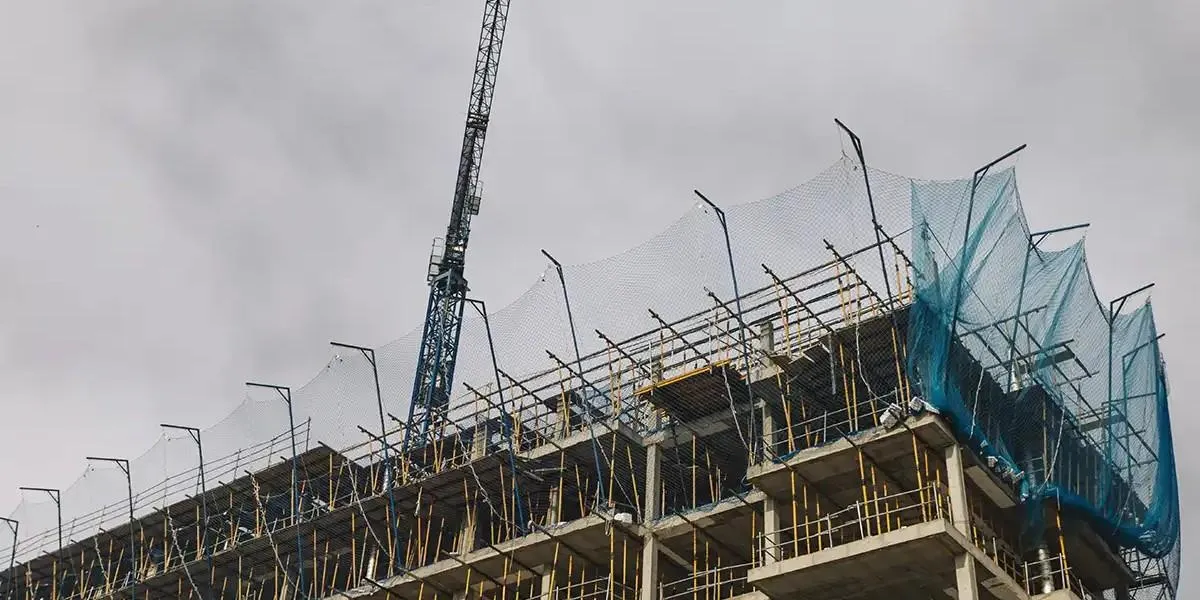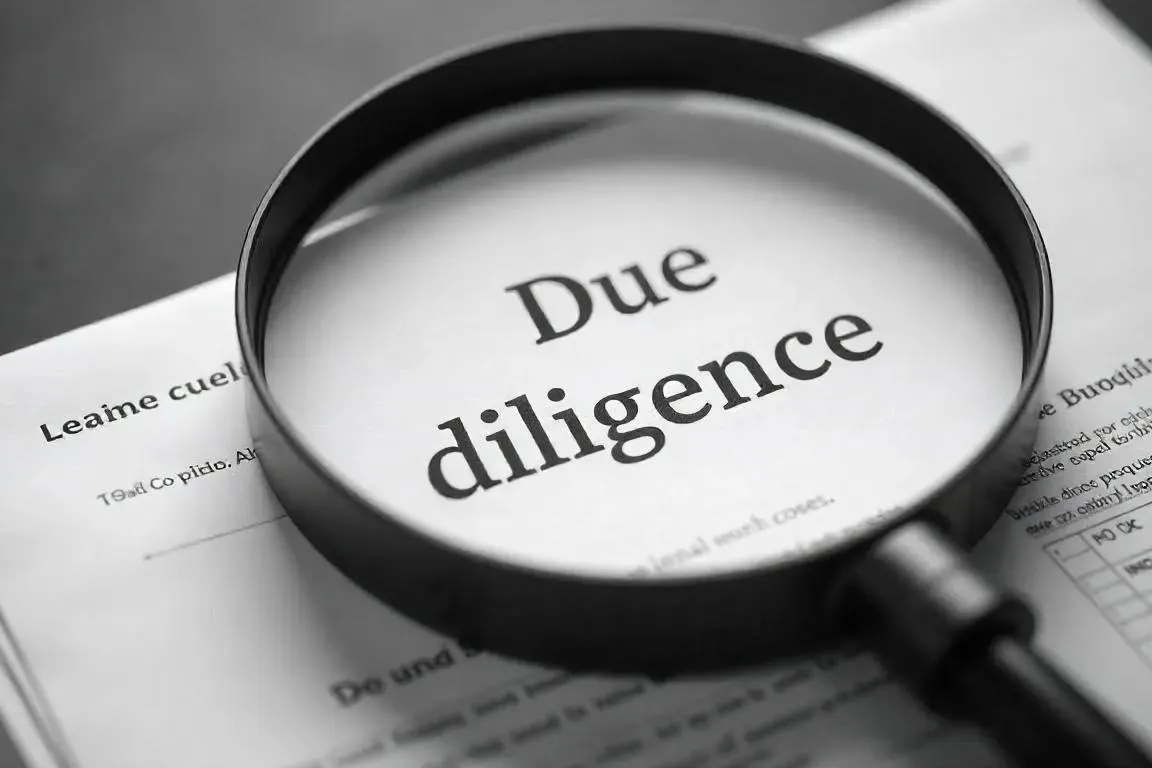
Investment Traps in Bali: A Critical Overview
Several developments in Bali in 2024 have stalled or failed, citing many economic reasons. The lure of clever marketing and glossy brochures offering luxury, off-the-plan discounts, excellent location, and significant investment returns
Many foreigners enter their investments in blind faith, word of mouth, perceived branded reputation, and quick investment schemes that sound good on paper, but will they eventuate? There are untold investment casualties here in Bali trying to get their money back from developers.
There is little knowledge on protecting your capital investment against developer failure. I am not saying that all developments are high risk, but we must consider risk plausible, and investors must do all they can to protect their capital investment.
Michael Lenihan, founder of Gateway Consulting Group, shares his experience, knowledge, and insights for foreigners considering investing directly with foreign project developers in Bali.
I am regularly asked how to protect money and invest safely in Bali. My answer is simple: Do not underestimate the power of a due diligence process. It comes with a cost, but it is worth every penny for peace of mind. It will remove the guesswork from your decision-making, significantly reduce stress, and mitigate potential financial losses.
When investing in property development projects, you must engage a reputable company such as PT Gateway Consulting Group that can work with you to conduct legal, due diligence on the land and project development by:
Profiling and reporting on zoning
Review the Sertifikat Hak Milik (SHM), a certificate of ownership in Indonesia that grants the holder full rights to a property or plot of land.
You need to ensure that land is not disputed
There are no outstanding taxes owed to the government
There are no third-party private and commercial security interests (bank or private debt owed).
Knowing the people behind the projects must be your top priority; take your time to review and assess their profiles, conduct background checks, and ask hard questions.
Have they managed projects before?
Do they have a reliable history of managing project developments?
Do they have a transparent project process?
Are the contracts written and clearly outline the party’s obligations and accountabilities?
Where do your funds go?
Who is accountable for money management?
Can they deliver the property?
In Indonesia, property regulations and governance compliance for property developers, especially those operating as a Foreign Investment Company (PT PMA – Perseroan Terbatas Penanaman Modal Asing), involve several key components:
The Legal Framework – Property developers must comply with various laws, including the Basic Property Law (UUP 5/1960), which governs land ownership and rights. Foreigners can typically only lease land or own apartments under specific conditions, such as having a leasehold right (Hak Sewa) or owning a strata title (Hak Milik atas Satuan Rumah Susun) if criteria are met. The project development must have the following in place:
Business License—Property developers must obtain a business license (Izin Usaha) from the Investment Coordinating Board (BPKM) for their PT PMA. This includes complying with regulations regarding foreign investment.
Land Acquisition and Permits – Developers must secure land use permits (Izin Lokasi) and environmental permits (Amdal) before developing.
They must also ensure that land certificates are in order and correctly registered with the National Land Agency.
Building Permits – A Building Construction Permit (SFL) is required before starting any construction. This involves compliance with local zoning laws and regulations. All buildings in Indonesia are supposed to have a building permit known as a PBG (Persetujuan Bangunan Gedung) and a certificate of permitted use known as an SLF (Sertifikat Laik Fungsi). These replace the earlier building permit or IMB (Ijin Mendirikan Bangunan). The PBG specifies the approved design of the building and continues throughout its life. The SLF specifies what the building can be used for and must be periodically renewed.
Property Marketing – Property developers must adhere to the regulations established by the Financial Services Authority Otoritas Jasa Keuangan (OJK) if they market investments to the public. This includes transparency in marketing practices, disclosure of risks, and maintaining ethical standards in selling properties.
Consumer Protection – Developers must comply with consumer protection laws, including providing clear contracts, ensuring the quality of construction, and adhering to delivery timelines. There is very little information about how to get your money back if the project stalls or fails.
Tax Compliance – PT PMA companies must comply with tax regulations, including corporate income tax, value-added tax (VAT) on sales, and land and building tax (PBB). This includes the investor’s obligations to pay taxes.
Financial Accountability – There should be a clear distinction between the capital paid for purchasing your property in a project development site. Your property is one of many being constructed, and it requires a flow of progress funds to reach construction milestones and ensure your property is being effectively managed in stages.
The money should not be paid to a developer directly. A layer of accountability should be responsible for receipting the funds between the investor and developer, using legal and/or accounting services to establish an escrow account and manage the money flow to the construction stages of your property. This arrangement ensures traceability, accountability, and transparency regarding how the developer uses money.
Before saying yes, look beyond the glossy billboard marketing. Are the developers safe to invest with? Will they complete a fully compliant property that safeguards you for the life of your lease, 25 years plus?
There are risks to consider when investing in property development projects.
1. Financial Risks
Loss of Investment: If the developer fails to complete the project or goes bankrupt, investors may lose their entire investment.
Hidden Costs: Unforeseen costs can arise during construction, and without due diligence, investors might not be aware of these financial obligations upfront.
2. Legal Risks
Title Issues: Insufficient checks might lead to investing in land with a problematic title or disputes over ownership, resulting in potential legal battles.
Non-compliance with Regulations: Developers may not comply with local zoning laws or building codes, which can lead to fines, project delays, or even property demolition.
3. Developer Reliability
Reputation and Track Record – Investors who do not research the developer’s background risk partnering with a company with a history of failed projects or financial mismanagement.
Quality of Work – Developers with poor reputations may cut corners, resulting in low-quality construction that could affect the property’s long-term value and rental appeal.
4. Project Delays
Construction Delays – Developers may face unforeseen delays due to mismanagement, financing issues, or supply chain disruptions. This can lead to prolonged waiting periods for investors hoping for immediate income.
Completion Risks – Projects may stall or be abandoned entirely, locking investors’ funds indefinitely.
5. Market Risks
Saturation and Demand Fluctuation: The property market can change, and a thorough market analysis is crucial to understand demand trends. Without it, investors may find themselves holding an underperforming asset.
Value Depreciation: Market dynamics can cause properties to depreciate, mainly if they are in oversaturated markets or less desirable locations.
6. Insufficient Documentation
Lack of Transparency – Developers might not provide all necessary documentation regarding permits, licenses, and contracts. This can lead to complications long after the investment is made.
Contractual Issues—Without proper due diligence, Contracts may be skewed to favour the developer, leaving investors vulnerable to unfavourable terms.
7. Take your time with your decision.
Investors often deposit money directly into the developer’s bank accounts, which offer excellent discounted deals and early bird investing. STOP! Consider your decisions to invest and consult with a reputable third party independent of the project.
You will receive objective advice to help you make sound, informed decisions and establish appropriate strategies to manage your investment planning safely.Inform the developer that you are happy to consider investing once your legal and notary team has completed due diligence on the land; this will include the company director and management background and profile.
The Developer is responsible to the landowner for the land tax; you will often sign two agreements, one for the land and the other a construction lease agreement, where you, the buyer, will pay the tax on top of the cost of a notary to prepare sale purchase deeds.
Steps to Recover Investment from a Failed Property Development in Bali
1. Review Your Investment Agreement
Start by carefully reviewing your investment contract or agreement with the developer. Look for clauses regarding termination, refunds, or remedies in the event of project failure.
2. Gather Documentation
Collect all relevant documentation related to your investment, including contracts, receipts, correspondence with the developer, and any permits or approvals associated with the project. This information may be needed for legal proceedings or negotiations.
3. Communicate with the Developer
Contact the developer to clarify the project’s status and express your concerns. Document all communications, as this could be important for any future actions.
4. Participate in Meetings or Forums
If possible, attend meetings with other investors or stakeholders to discuss the situation. Collaborative efforts can sometimes provide leverage in negotiations with the developer or authorities.
5. Engage Legal Counsel
Consult with a PT. Gateway Consulting Group’s legal team consists of people experienced in property law and investment disputes in Bali. They can provide legal advice specific to your situation, help you understand your rights, and determine the best course of action.
6. Negotiation
Our legal team may be able to negotiate with the developer for a settlement or refund. Sometimes, developers may be willing to discuss repayment plans or partial refunds to avoid legal disputes.
7. Mediation or Arbitration
If communication fails, consider mediation or arbitration a less adversarial way to resolve disputes. These processes may be outlined in your investment agreement and can lead to more amicable resolutions. Our Mediation team can support and facilitate your dispute through your mediation
8. File a Legal Claim
If negotiation attempts are unsuccessful, our legal team may advise filing a legal claim against the developer. Be prepared for this process to be lengthy, and ensure you have solid evidence to support your case.
9. Report to Authorities
If you suspect fraudulent activity, report the developer to local authorities. This could include local consumer protection agencies or law enforcement, mainly if there are allegations of investment fraud.
Recovering funds from failed property developments in Bali can be complex and require significant time and effort. Engaging with qualified legal counsel and gathering all relevant information will be crucial in pursuing your options.
Collaboration with other investors can strengthen your position in negotiations or legal actions.
Feel free to ask if you need further assistance or have specific concerns about your investment.




